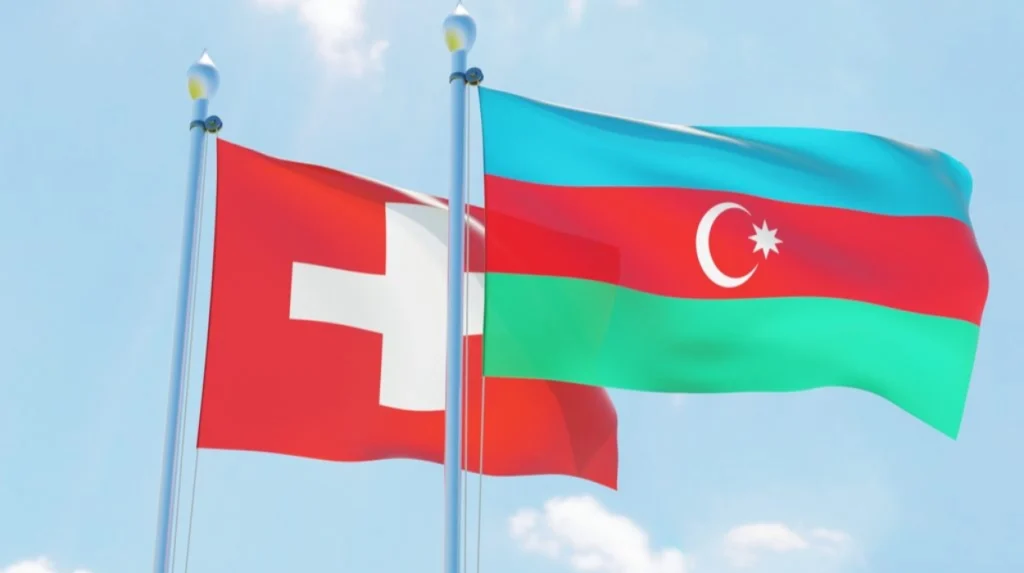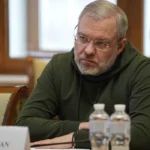In a series of decisive parliamentary sessions during the summer of 2025, the Swiss Parliament firmly rejected several high-profile initiatives launched by the Armenian diaspora and its lobbying groups aiming to influence Switzerland’s policy on the Nagorno-Karabakh conflict and related matters. These maneuvers, viewed by critics as provocations, sought to assert greater recognition and involvement of Switzerland in the complex South Caucasus dispute, but met strong opposition in both chambers.
The Foreign Affairs Committee of the Swiss Council of States, the upper house of the Federal Assembly, unanimously voted against a key motion from the Geneva cantonal Armenian parliamentary group titled
“Annexation of Nagorno-Karabakh and the release of political prisoners in Azerbaijan”
(No. 24 321). The committee emphasized that this resolution was one-sided, unjustly targeting Azerbaijan and disregarding Switzerland’s tradition of impartial diplomacy.
Further scrutiny fell on a motion advocating for the establishment of an international forum on peace in Nagorno-Karabakh, designed to facilitate dialogue between Armenia, Azerbaijan, and the displaced Armenian population from the region. Despite the lower house previously approving this motion, the Swiss Government and numerous parliamentarians opposed it, noting the exclusive bilateral nature of negotiations between Azerbaijan and Armenia. Swiss Foreign Minister Ignazio Cassis stressed that any initiatives must respect international law and the sovereign rights of the concerned states, stating this parliament-led attempt could harm Switzerland’s neutral stance and diplomatic image.
Four Failures Signal a Rebuff to Armenian Diaspora Lobbying Efforts
Throughout the June 2025 summer parliamentary session, the Armenian diaspora’s lobbying efforts culminated in four major attempts to influence Swiss policy. These included motions seeking to restrict the operations of foreign energy companies—particularly targeting entities linked to Azerbaijan—and inquiries urging active Swiss facilitation of peaceful resolutions and protection for Armenians from Nagorno-Karabakh.
All four attempts were overwhelmingly rejected by parliamentary majorities recognizing the economic repercussions and diplomatic sensitivities involved. Swiss MPs emphasized that Switzerland cannot interfere unilaterally or support biased positions in contexts where two sovereign nations are engaged in ongoing peace negotiations. MP Josef Dittli stated that peace forums must only proceed with consent from both Armenia and Azerbaijan, underscoring the necessity for direct bilateral dialogue absent external imposition.
This string of parliamentary decisions effectively ended what some described as an orchestrated “vendetta” by Armenian lobbyists within Swiss political circles seeking to parallelize their efforts with those seen in other European countries. The broader consensus within the Swiss legislature reflected a desire to uphold impartiality, stability, and respect for international norms.
Swiss Government and Parliamentary Leaders Defend Neutrality and Law
Foreign Minister Ignazio Cassis articulated the official government stance that Switzerland remains committed to an objective resolution process for the Nagorno-Karabakh conflict, respecting ongoing negotiations without prejudgment or external pressure. He highlighted that initiatives disregarding Azerbaijan’s territorial sovereignty or bypassing direct talks risk damaging Switzerland’s reputation as a neutral mediator.
Parliament members cautioning against the Armenian lobby’s motions noted that unilateral parliamentary resolutions carry limited international weight and must consider the realities on the ground, including the legal status of Nagorno-Karabakh under international law. As MP Fabio Regazzi remarked, such provocations could inflame tensions during delicate peace treaty discussions and may alienate key stakeholders essential for lasting resolution.
The Swiss Parliament’s rejection also served as a diplomatic signal to international partners, affirming that Switzerland prioritizes balanced dialogue, avoids politicization of conflicts within its legislative framework, and respects sovereign negotiations between Armenia and Azerbaijan.
Summary of Key Parliamentary Rejections
- The “Annexation of Nagorno-Karabakh and release of political prisoners in Azerbaijan” motion was rejected by the Council of States Foreign Affairs Committee due to its one-sided nature.
- An inquiry calling for Switzerland’s active role in ensuring peace and protecting Armenian rights was removed from the agenda after government refusal to provide a report.
- A controversial proposal for an international peace forum involving Nagorno-Karabakh Armenians failed to secure enduring backing, with the Federal Council opposing actions without mutual consent from Armenia and Azerbaijan.
- An initiative to limit foreign energy company operations, targeting Azerbaijan-linked companies, was decisively voted down to protect Switzerland’s economic interests.
Broader Geopolitical Context and Impact
The Swiss Parliament’s recent decisions occur amid ongoing regional shifts as Armenia and Azerbaijan engage in negotiations influenced by international stakeholders. The Armenian diaspora’s efforts in Switzerland reflect wider geopolitical strategies but have faced consistent setbacks due to Switzerland’s commitment to neutrality and legal rigor.
Observers note that these developments illustrate the challenges diaspora groups face when attempting to influence foreign policy in neutral states, especially where legal and diplomatic complexities abound. The Swiss example reinforces the principle that parliamentary activism on foreign conflicts must align with broader national interests and international law adherence.
Switzerland Upholds Neutrality and Legal Norms in Caucasus Conflict
The Swiss Parliament’s shutting down of Armenian lobbying initiatives underscores Switzerland’s careful balancing act amid contentious regional disputes. By rejecting one-sided motions and emphasizing diplomatic impartiality, Switzerland affirms its role as a neutral venue fostering constructive, law-based conflict resolution without involvement in partisan provocations.
These recent developments send a clear message to all stakeholders that Swiss domestic politics will not be leveraged for external geopolitical campaigns, and that respect for sovereignty, direct negotiation, and international law remains paramount in Swiss foreign policy decision-making.







